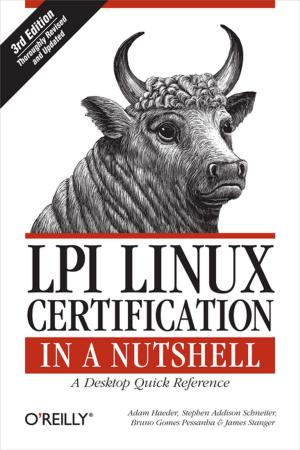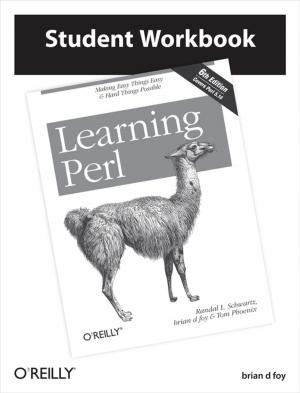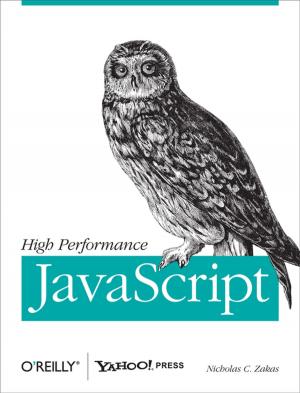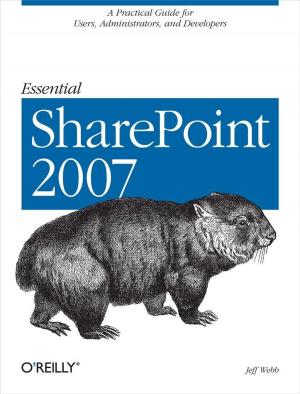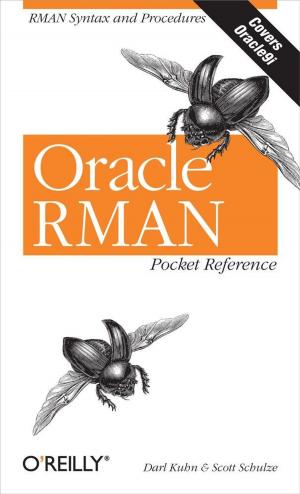Getting Started with Impala
Interactive SQL for Apache Hadoop
Nonfiction, Computers, Database Management, Data Processing| Author: | John Russell | ISBN: | 9781491905722 |
| Publisher: | O'Reilly Media | Publication: | September 25, 2014 |
| Imprint: | O'Reilly Media | Language: | English |
| Author: | John Russell |
| ISBN: | 9781491905722 |
| Publisher: | O'Reilly Media |
| Publication: | September 25, 2014 |
| Imprint: | O'Reilly Media |
| Language: | English |
Learn how to write, tune, and port SQL queries and other statements for a Big Data environment, using Impala—the massively parallel processing SQL query engine for Apache Hadoop. The best practices in this practical guide help you design database schemas that not only interoperate with other Hadoop components, and are convenient for administers to manage and monitor, but also accommodate future expansion in data size and evolution of software capabilities.
Written by John Russell, documentation lead for the Cloudera Impala project, this book gets you working with the most recent Impala releases quickly. Ideal for database developers and business analysts, the latest revision covers analytics functions, complex types, incremental statistics, subqueries, and submission to the Apache incubator.
Getting Started with Impala includes advice from Cloudera’s development team, as well as insights from its consulting engagements with customers.
- Learn how Impala integrates with a wide range of Hadoop components
- Attain high performance and scalability for huge data sets on production clusters
- Explore common developer tasks, such as porting code to Impala and optimizing performance
- Use tutorials for working with billion-row tables, date- and time-based values, and other techniques
- Learn how to transition from rigid schemas to a flexible model that evolves as needs change
- Take a deep dive into joins and the roles of statistics
Learn how to write, tune, and port SQL queries and other statements for a Big Data environment, using Impala—the massively parallel processing SQL query engine for Apache Hadoop. The best practices in this practical guide help you design database schemas that not only interoperate with other Hadoop components, and are convenient for administers to manage and monitor, but also accommodate future expansion in data size and evolution of software capabilities.
Written by John Russell, documentation lead for the Cloudera Impala project, this book gets you working with the most recent Impala releases quickly. Ideal for database developers and business analysts, the latest revision covers analytics functions, complex types, incremental statistics, subqueries, and submission to the Apache incubator.
Getting Started with Impala includes advice from Cloudera’s development team, as well as insights from its consulting engagements with customers.
- Learn how Impala integrates with a wide range of Hadoop components
- Attain high performance and scalability for huge data sets on production clusters
- Explore common developer tasks, such as porting code to Impala and optimizing performance
- Use tutorials for working with billion-row tables, date- and time-based values, and other techniques
- Learn how to transition from rigid schemas to a flexible model that evolves as needs change
- Take a deep dive into joins and the roles of statistics







